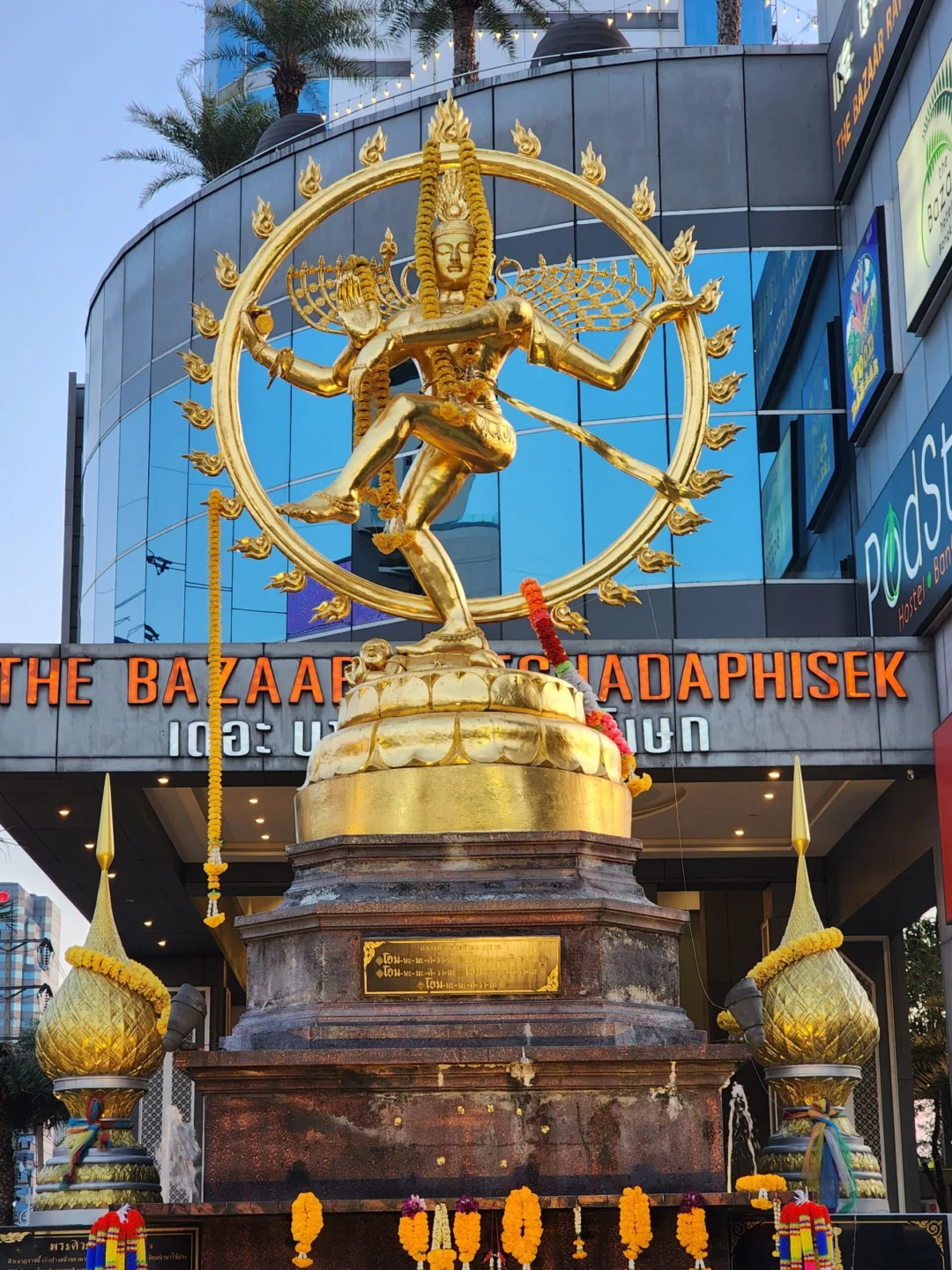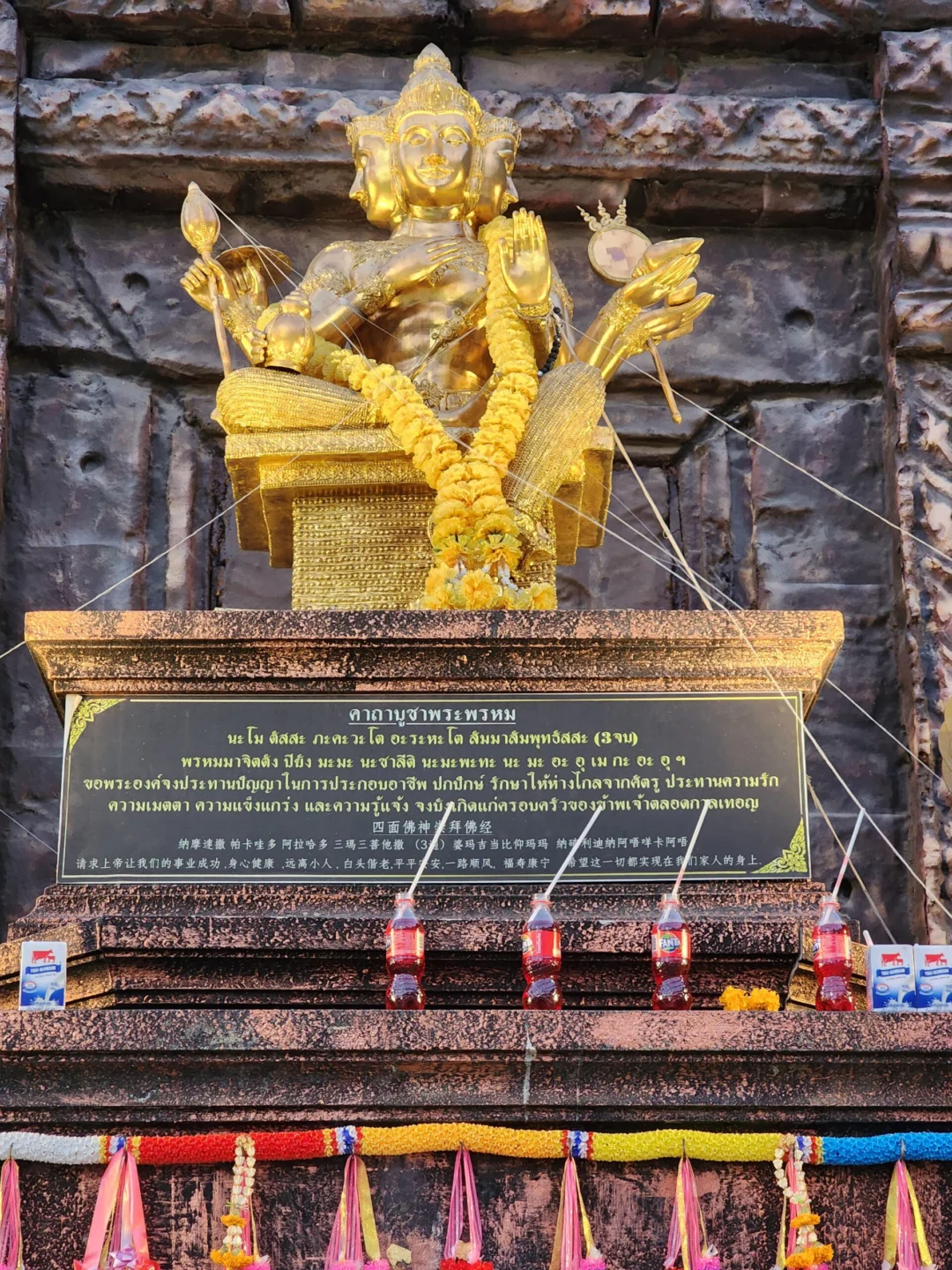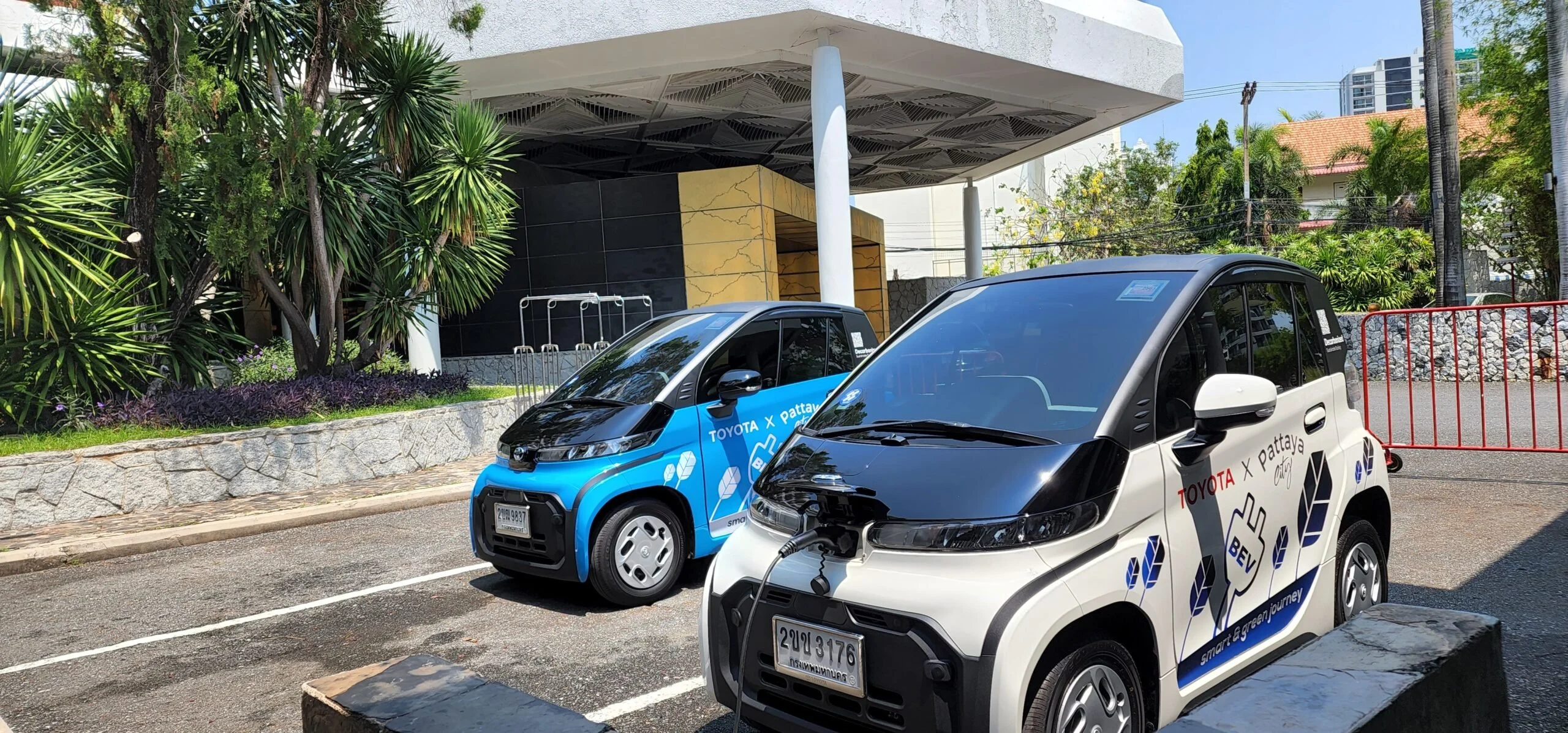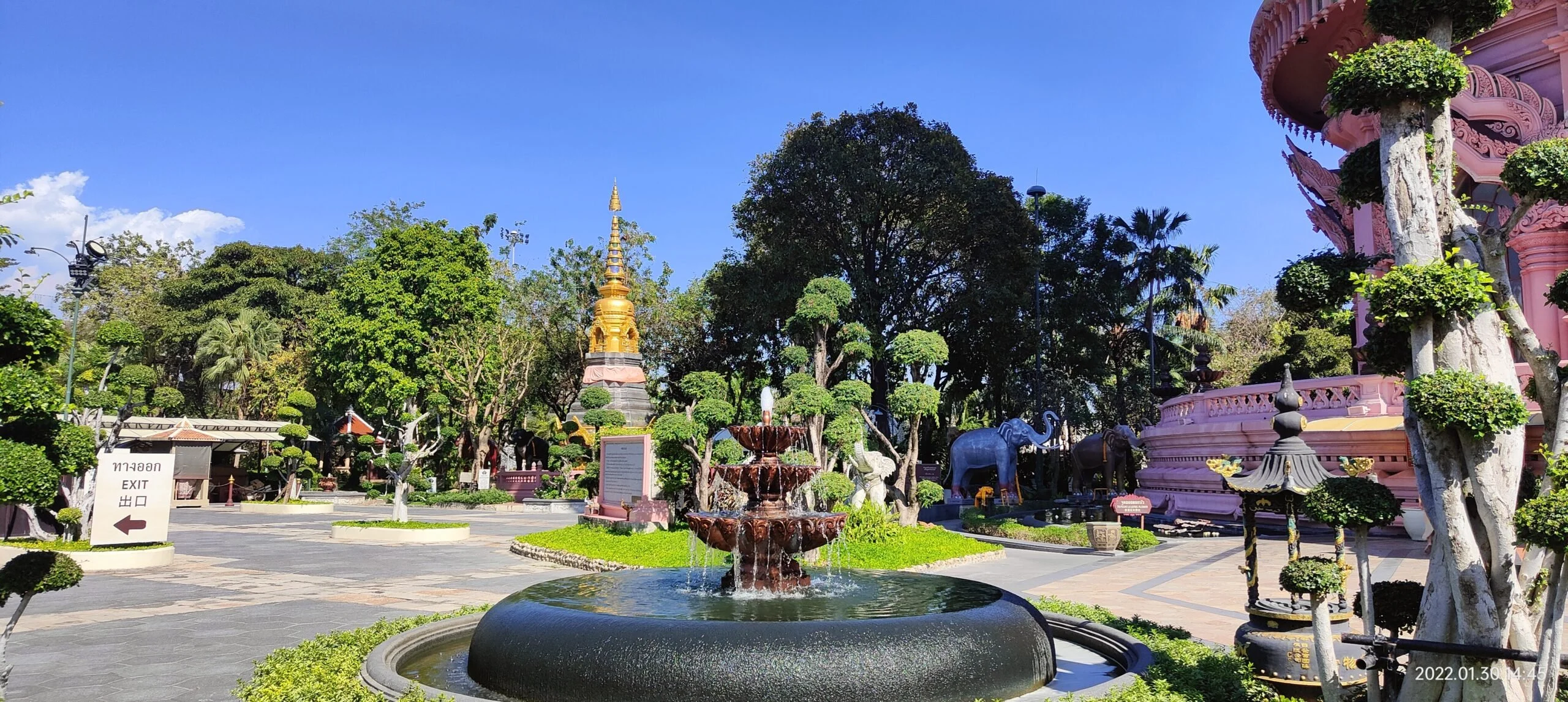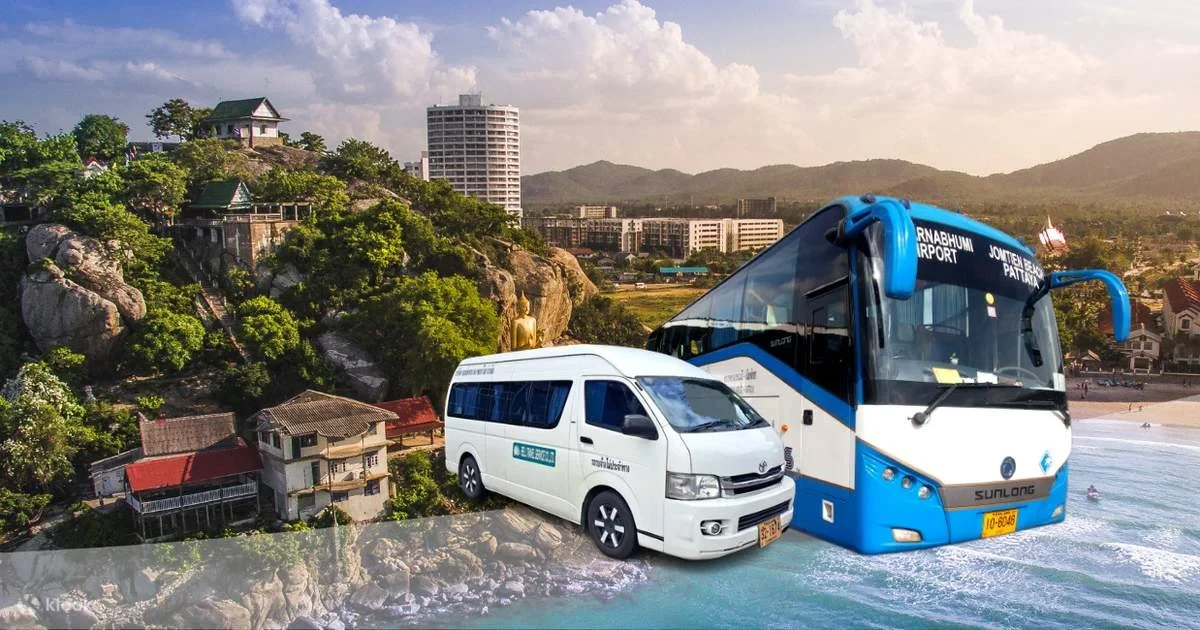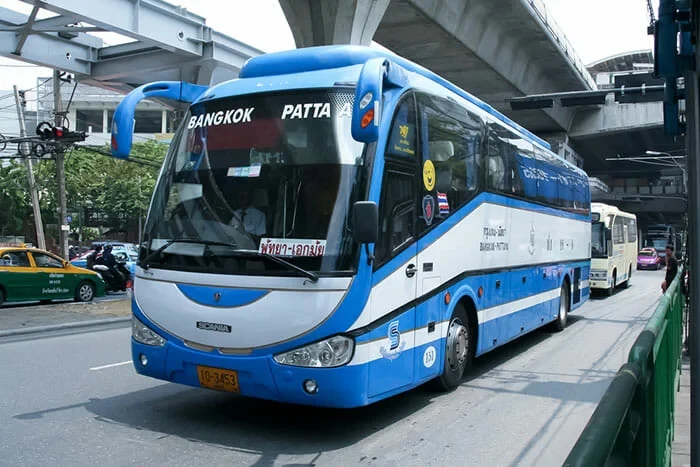Rent a car or buy? Are you confused? Thailand’s expanding infrastructure, scenic routes, and urban convenience make car travel an attractive option. For foreigners and expats, deciding between renting and buying a car depends largely on the length of stay, budget, lifestyle, and legal status. While short-term visitors benefit from hassle-free rentals, long-term residents may find car ownership more economical. This blog explores the advantages, disadvantages, costs, documentation, and practical tips for making the right choice in Thailand.
Renting a Car in Thailand
✅ Pros:
- Short-Term Flexibility: Ideal for stays under a year or for occasional road trips.
- No Ownership Hassles: No need to worry about road tax, insurance renewals, or vehicle depreciation.
- Includes Maintenance: Most rentals include full maintenance and 24/7 support.
- Fast Access: Quick approval process; only passport, valid license, and deposit are needed.
❌ Cons:
- Costlier Long-Term: Renting for months can exceed the cost of buying a used car.
- Mileage Limits: Some rental agencies limit daily/weekly mileage.
- Basic Insurance Only: Often comes with high deductibles or exclusions for damages.
- No Asset Value: You return the car without retaining any value.
💵 Rent a car costs
| Duration | Vehicle Type | Price Range (THB) |
|---|---|---|
| Daily | Economy Sedan | 800–1,500 |
| Weekly | Mid-size SUV | 5,000–12,000 |
| Monthly | Compact Sedan/SUV | 15,000–30,000 |
| Deposit | – | 5,000–20,000 |
🔖 Top Rental Companies:
- Thai Rent A Car
- Budget Thailand
- ASAP Car Rent
- Localrent or DriveMate (for P2P rentals)
🚙 Buying a Car in Thailand
✅ Pros:
- Cost-Effective for Long Stay: More economical after 2–3 years of usage.
- Ownership Value: Vehicle becomes an asset you can resell.
- Freedom & Customization: No mileage limits, full control over features and condition.
- Better for Families: Owning allows flexibility and convenience for daily commuting.
❌ Cons:
- Higher Initial Cost: Down payment, registration, insurance, and tax.
- Ownership Responsibilities: Maintenance, paperwork, and renewal tasks fall on you.
- Legal Restrictions: Foreigners must present proper documentation and visa status.
- Depreciation: New cars lose up to 20%–30% of value in the first year.
💵 Estimated Costs:
| Type | Price Range (THB) |
|---|---|
| Used Car | 200,000–600,000 |
| New Economy Car | 500,000–1,200,000 |
| Insurance (Ann.) | 10,000–30,000 |
| Road Tax (Ann.) | 1,000–5,000 |
🧾 Required Documents to Buy:
- Valid passport with visa
- Thai driver’s license or international license
- Work permit or certificate of residence from Thai Immigration
- Proof of address (utility bill or lease contract)
- Thai bank account for payment/loan options
⚖️ Rent a car vs. Buying: Quick Comparison Table
| Factor | Renting | Buying |
|---|---|---|
| Ideal For | Short-term visitors | Long-term expats (2+ years) |
| Initial Cost | Low | High (Down payment + taxes) |
| Monthly Cost | Moderate to High | Lower (if car is paid off) |
| Legal Requirements | Minimal | Extensive paperwork |
| Flexibility | High | Low (once committed) |
| Maintenance Responsibility | Rental company | Car owner |
| Ownership Value | None | Yes (can resell) |
| Insurance Included | Basic | Comprehensive (at own cost) |
🧠 Expert Tips for Expats whether rent a car or buy:
- Use an IDP (International Driving Permit) if staying under 3 months; apply for a Thai driver’s license if staying longer.
- Rent monthly for better deals than daily/weekly if staying mid-term.
- Consider used cars from trusted dealerships or expat groups on Facebook for better value.
- Avoid grey-market imports, as servicing and spare parts are harder to find.
- Use financing cautiously – many Thai banks require a work permit and long visa.
If you’re in Thailand for under 12 months, renting a car offers convenience and flexibility without the stress of ownership. However, if you’re settling in for 2+ years, buying becomes more cost-effective and practical, especially if you’re working, have family, or commute daily. Consider your lifestyle, visa type, and budget before making the decision.































